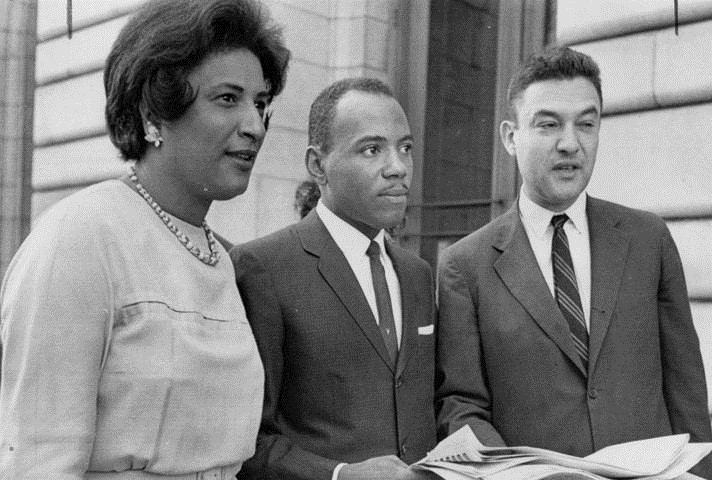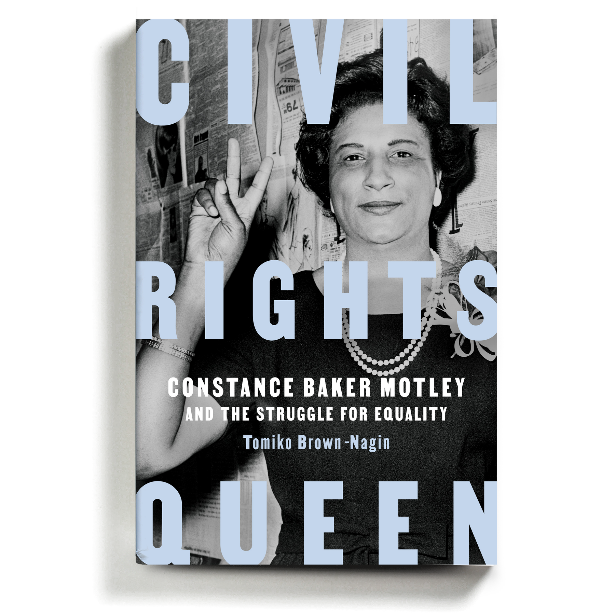The case of Star Holloman serves as a significant reminder of the need for effective measures against racial harassment and discrimination in the workplace. Holloman, a former Site Director at Kindercare, sought assistance after experiencing a racially charged incident but encountered a cycle of inaction from both Kindercare and Libertyville School District 70.
At its heart, Holloman’s experience highlights the necessity for organizations to take swift and decisive action when reports of racial discrimination are made. Under federal law, including Title VII of the Civil Rights Act of 1964 and Section 1981, employers have an obligation to ensure a safe and inclusive work environment. When incidents are reported, it is crucial for leaders to respond proactively to restore trust and uphold a culture of respect.
This situation also emphasizes the ongoing relevance of the Civil Rights movement, which laid the foundation for the laws protecting individuals from discrimination. The efforts of leaders such as Dr. Martin Luther King Jr. and Rosa Parks were instrumental in combatting systemic racism, helping to establish a legal framework that aims to eliminate discrimination based on race, religion, sex, or national origin. The hard-won rights that emerged from this movement are essential for fostering fairness in workplaces across America.
The progress made through the Civil Rights movement has shaped America into a nation that is often admired for its dedication to freedom and opportunity. These advancements have not only promoted social justice but have also contributed to economic prosperity, making the U.S. an attractive destination on the global stage. By cultivating a diverse and inclusive work environment, businesses can drive innovation and success.
Star Holloman’s case encourages us to stay committed to addressing discrimination in all its forms. Organizations must prioritize taking allegations seriously and enforcing anti-discrimination policies effectively. This commitment is vital for building on the legacy of the Civil Rights movement and moving closer to achieving true equality and justice for everyone, ensuring that experiences like Holloman’s are increasingly rare.
Employment law attorneys play a pivotal role in protecting employee rights by helping to maintain workplaces free from racial discrimination. These legal professionals advocate for those who experience injustice and assist organizations in developing and implementing policies that promote fairness and equality. By navigating the complexities of employment law, they provide essential oversight against discriminatory practices, holding employers accountable and fostering a more equitable workforce. Their efforts are crucial in ensuring that diversity is respected and that all individuals are treated with dignity and respect in their professional lives.



 Constance Baker Motley was not only the first Black woman to argue before the Supreme Court (winning an astonishing nine of 10 cases), but she was also the first black woman to be appointed to the federal judiciary – President Lyndon B. Johnson appointed her to the Southern District of New York.
Constance Baker Motley was not only the first Black woman to argue before the Supreme Court (winning an astonishing nine of 10 cases), but she was also the first black woman to be appointed to the federal judiciary – President Lyndon B. Johnson appointed her to the Southern District of New York. In her terrific new book on Motley’s life and legacy – called “
In her terrific new book on Motley’s life and legacy – called “